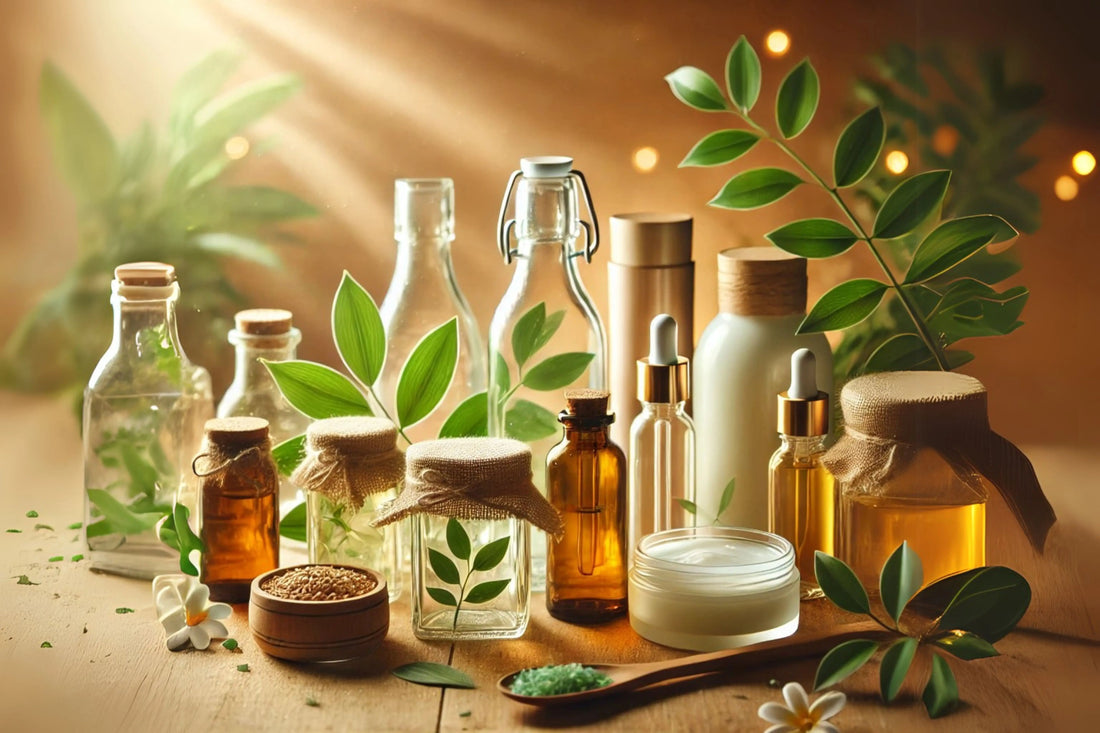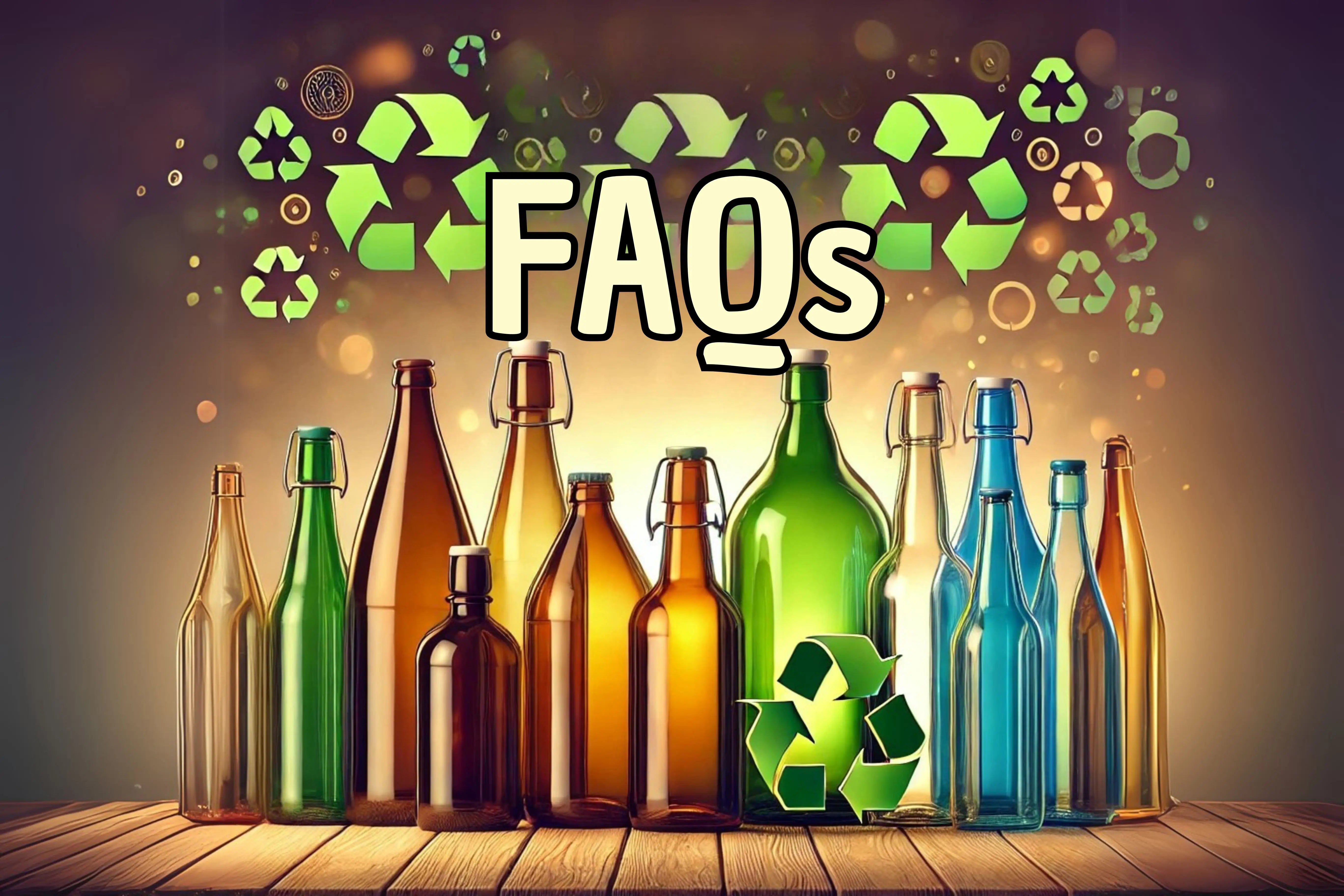The organic industry has seen a significant rise in demand across various sectors, including food products, skincare products, wellness, and cosmetics. As health-conscious consumers become more aware of the ingredients in their products, they are also considering the packaging materials used. Packaging prolongs the shelf life and integrity of organic products, ensuring they remain pure and uncontaminated. Among the various packaging options available, glass packaging stands out as the ideal choice. This article explores the benefits of glass packaging and why it is the preferred packaging for organic products.
The Purity and Non-Toxic Nature of Glass
One of the primary reasons organic brands choose glass packaging is its non-toxic nature. Plastic bottles can contain dangerous chemicals such as BPA, phthalates, and other endocrine disruptors. On the other hand, glass is made from natural ingredients like soda ash, sand, and limestone. It is an inert material, meaning it does not leach chemicals into products, ensuring that organic ingredients remain as pure as intended.
This is especially important for food glass, skincare products, and essential oils, where chemical contamination can alter effectiveness and safety. With glass, consumers can trust that their products maintain their natural properties without unwanted chemical interference.
Glass Preserves Product Quality Longer
Organic products often rely on natural preservatives or are free from artificial stabilizers, making packaging even more critical in maintaining their shelf life. Glass containers provide an airtight seal, preventing oxidation, contamination, and spoilage. Unlike plastic, glass does not absorb odors, flavors, or colors, ensuring that the product inside remains unchanged.
Additionally, amber glass and green glass bottles protect certain organic ingredients against the degrading effects of UV rays. This is beneficial especially for products such as herbal extracts, active ingredients, and essential oils that contain light-sensitive compounds. By choosing glass, brands not only extend product freshness and potency but also reduce waste and enhance customer satisfaction.
Sustainability and Eco-Friendliness of Glass Packaging
Sustainability is a core value of the organic industry, and glass aligns perfectly with eco-friendly packaging options. Glass is a recyclable packaging material that can be repurposed indefinitely without losing quality. However, plastic often ends up in landfills or marine life habitats.
The recycling process for glass is not only highly efficient but also, reduces carbon emissions and contributes to the circular economy. Many industry experts and beauty brands are shifting towards sustainable packaging, and using recycled glass strengthens their commitment to reducing their environmental footprint. Consumers today are actively seeking brands that prioritize sustainable alternatives, and glass packaging enhances brand reputation while minimizing environmental impact.
Glass Enhances Brand Perception and Customer Trust
The visual and tactile appeal of glass adds a premium touch to any product. Its weight, clarity, and smooth texture create a luxurious experience that resonates with high-end products. In contrast, superfluous packaging made from plastic can sometimes give the impression of mass production and lower value.
Moreover, glass packaging communicates transparency and purity, aligning perfectly with the expectations of eco-conscious consumers. Beauty industry leaders recognize the emotional connection that glass packaging fosters, making it a transformative impact factor in consumer purchasing decisions. Brands that use glass packaging not only elevate their product’s perceived value but also establish stronger trust with customers who prioritize responsible choices.
Practical Benefits for Manufacturers and Retailers
- Versatile Compatibility – Glass bottles and jars can be fitted with different types of closures, including droppers, pumps, and sprayers, making them suitable for a wide range of organic products.
- Shelf Stability – Unlike flexible plastic, glass maintains its shape, ensuring better stacking and storage efficiency.
- Hygiene and Safety – Glass is a non-porous, recyclable material that resists bacteria buildup, making it a more hygienic option for organic products.
Cost vs. Value: Why Glass is Worth the Investment
While glass packaging typically costs more upfront than plastic, its long-term benefits outweigh the initial investment. The durability, aesthetic appeal, and protective qualities of glass allow brands to position their products as premium, justifying higher price points.
Additionally, the demand for glass packaging is growing as more consumers seek sustainable glass packaging options. Brands that invest in refillable glass bottles and reusable packaging solutions now are likely to build stronger customer loyalty in the long run. The perceived value and trust associated with sustainable glass packaging contribute to higher sales, repeat purchases, and an enhanced brand reputation.
Conclusion
Glass packaging is the material of choice for organic products, offering unmatched purity, sustainability, and product protection. As consumers become more environmentally conscious and selective about the products they buy, brands using glass packaging stand out as trustworthy, high-quality, and forward-thinking.
Whether it’s for food products, beauty products, or cosmetic product lines, glass ensures that the product remains uncontaminated, fresh, and premium. For businesses looking to satisfy consumer expectations and sustainability trends, glass packaging is not just an option—it’s a necessity.
Switching to glass is a step towards a healthier, cleaner, and more sustainable tomorrow for both businesses and consumers. The advantages of glass extend beyond aesthetics, practicality, environmental, and economic benefits, making it the ideal choice for packaging in today’s eco-conscious market.




